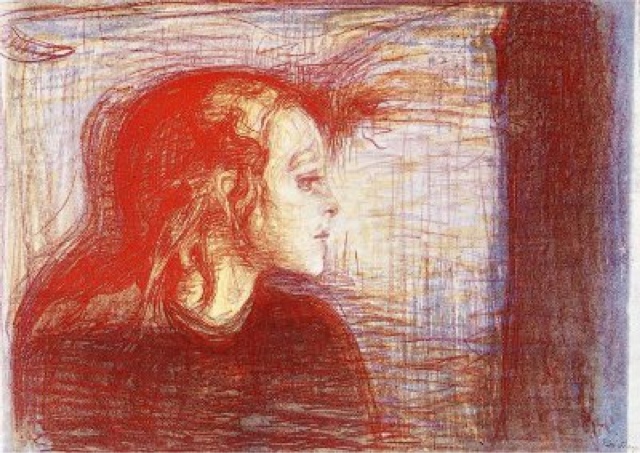We have had to submit our choices for approaches groups for next term. I had initially wanted voice, but in my email told our course leaders I would be ok with Laban too. I was really torn on this decision. On one hand, I find LABAN and historical dance to be extremely interesting...but with so much history in dance related forms, and being known already as a "movement" person back home, I worried that this wouldn't open up any new doors like voice would. I also liked the idea of creating a voice project, what this might entail. And not to mention, I really love voice work in general. So as I expected may happen, I was put in Laban. And at first I was a little upset...but now have realized that it is going to be immense fun, and I will learn things I haven't seen before, particularly the historical social dance. And my ever-practical brain has recalled that it will give me some ground on which to look for work with theatre companies choreographing historical dance, such as RMTC or the Opera. So I am now feeling good about these things.
Our second approaches choice was between directing and playwriting. I immediately chose directing, mirroring my choice of Scene Study directing, because I do not in any way fancy myself a playwright. The numbers were really lopsided, so some of us who were doing scene study directing too were asked to consider switching. I gave this some serious thought...was I willing to risk an entire module in something that I don't think I am capable of doing with any success? Again, I sat to re-evaluate. I have devised/created work, and choreographed with success, and this too is playwriting. Perhaps I can approach playwriting from this perspective, and hone my voice as a creator, not just as a director. And who knows, maybe I will find I can actually write things. I think back to undergrad and our Style & Genre class, where Per had us write our own monologues...in fact, that didn't go too badly. And it is important to do things that take you outside your comfort zone as an artist; that is how we grow.
So next term I will be doing Directing Scene Study (major module), Laban, Playwriting, and Birkbeck Scene study (major module, audience perspective). I have opted out of the producing course; again here, this would be nice to have, but I don't fancy myself a producer, it is too far removed from creation itself.
Our second approaches choice was between directing and playwriting. I immediately chose directing, mirroring my choice of Scene Study directing, because I do not in any way fancy myself a playwright. The numbers were really lopsided, so some of us who were doing scene study directing too were asked to consider switching. I gave this some serious thought...was I willing to risk an entire module in something that I don't think I am capable of doing with any success? Again, I sat to re-evaluate. I have devised/created work, and choreographed with success, and this too is playwriting. Perhaps I can approach playwriting from this perspective, and hone my voice as a creator, not just as a director. And who knows, maybe I will find I can actually write things. I think back to undergrad and our Style & Genre class, where Per had us write our own monologues...in fact, that didn't go too badly. And it is important to do things that take you outside your comfort zone as an artist; that is how we grow.
So next term I will be doing Directing Scene Study (major module), Laban, Playwriting, and Birkbeck Scene study (major module, audience perspective). I have opted out of the producing course; again here, this would be nice to have, but I don't fancy myself a producer, it is too far removed from creation itself.


